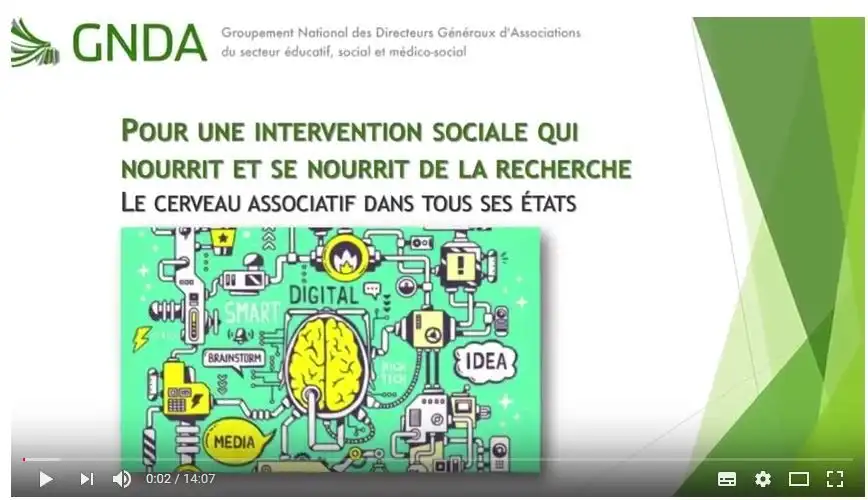
Accueil>Recherche>Projet>Précarité, Participation, Politique
Précarité, Participation, Politique
Ce projet s’inscrit dans un double contexte : l’aggravation en période de crise économique des inégalités, de la pauvreté et du nombre de sans-abris (en particulier à Paris) et la mise en œuvre de politiques publiques promouvant la participation des personnes aidées.
Son objectif est d’analyser les attentes des différents acteurs associatifs (personnes aidées, bénévoles, salarié.e.s) et les dispositifs mis en œuvre pour répondre à l’injonction à la participation. Il s’intéresse aux effets de ces dispositifs sur la population qu’ils visent (formes de délégation, empowerment, mécanismes de politisation individuelle et d’acquisition de compétence, etc.) mais aussi sur les organisations dans lesquelles ils s’inscrivent autrement dit sur les différents acteurs travaillant dans l’association, salarié.e.s et bénévoles, afin de dégager la manière dont ils conçoivent cette politique de participation, la transformation de leur rôle et les tensions et résistances qu’elle génère.
Ce projet se fonde sur une enquête qualitative reposant sur des entretiens collectifs (focus groups) réalisés auprès des personnes accompagnées, des salariés et des bénévoles. Cette technique apparaît particulièrement bien adaptée à la population concernée dans la mesure où elle est classiquement utilisée pour faciliter la prise de parole de personnes minoritaires, fragilisées ou stigmatisées Ces données seront complétées par une analyse quantitative des dossiers individuels de près de 500 bénéficiaires, des entretiens individuels et des observations.
*Action soutenue par la région Ile-de-France (PICRI)
Pour en savoir plus

- Vidéo TEDex du GNDA Toulouse, Nonna Mayer : Précarité, politique, participation : les processus d'accès à l'autonomie et à la citoyenneté
- Séminaire
Nous contacter
Adresse : 1 place Saint-Thomas d'Aquin, 75007 Paris
Tél. : +33 (0)1 45 49 83 52
Courriel : contact.cee@sciencespo.fr
